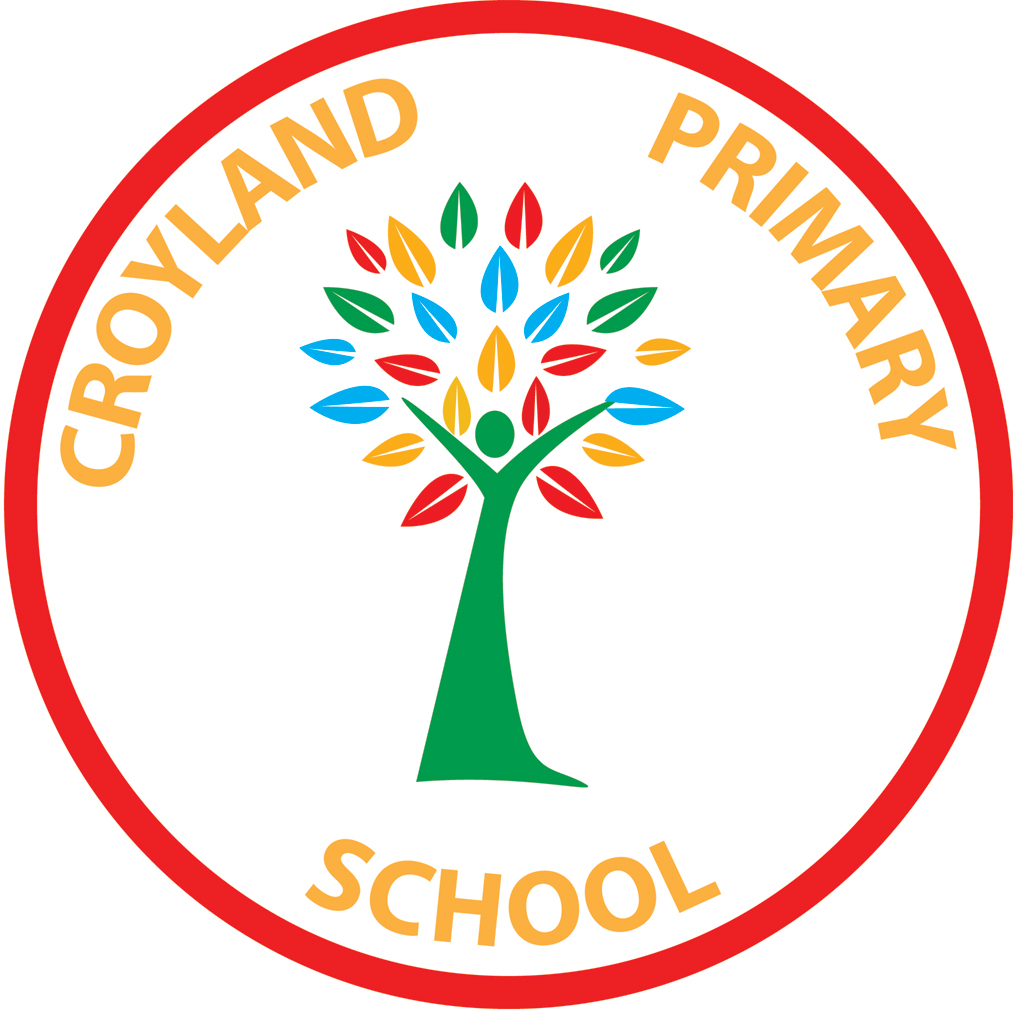Online Safety
The world today is a much smaller place as a result of technology. Through the touch of a button, we can see things, do things, buy things, and find things and much more. The internet is an incredible resource and a key feature to life for both adults and children. However, with such brilliance, comes dangers. Therefore, it is our collective responsibility, both as a school and parents/carers, to teach, discuss and minimise these potential risks to support out children to get the best out of such a fantastic resource.
Online Safety teaching is a crucial part in keeping our children safe at Croyland Primary School. Through a progressive curriculum in both Online Safety, Computing and PSHE our children are taught:
1. Skills to evaluate what they see online. The children learn how to answer questions such as: Is the information reliable? True? Valid? How do we know?
2. They learn to recognise the techniques that are often used to persuade or manipulate you or others online.
3. They learn to understand what acceptable and unacceptable online behaviour looks like.
It is our aim that our children will apply these taught skills independently both in and out of school.
At school, we have extensive security measures in place to help safeguard pupils from potential dangers or unsuitable material. We encourage the use of parental settings within the home environment and use of the PGEI ratings to guide understanding of age appropriate content; however, of most importance, is the need to talk and share online experiences together. We need to encourage positive communication about experiences online and strategies to manage possible risks. Banning the internet or technology from a child’s world will not work and often means that a child is less likely to report or share a problem. Instead, we need to support our children with open conversations using the information from shared websites to inform our actions.
Please use the links below to access the most reputable sites providing both adults and children with the most up to date information regarding gaming, apps and online safety reporting. In the parent guide tab (blue box at the right hand side of this page) there is a set of guides for common games or apps that our children have mentioned using to allow you to quickly find out the risks and ways to reduce these at home.
- Child Net
- Common Sense Media – This provides independent reviews, age ratings, & other information about all types of media
- CEOP – Reporting website for inappropriate concerning behaviour directly to the police.
- Think U Know - Contains internet safety advice for those aged from 5 to 16.
- Internet matters- A range of guides and resources for popular apps and games
- SWfGL guidance for parents - Lots of useful guides to know the risks of apps and how to setup parental controls.
As the online safety coordinator, I will explore all online safety incidents and disclosures through open, supportive conversations. I will ensure all incidents are actioned appropriately and offer advice and support to parents/carers so we can collaboratively support our children to remain safe online both in and out of school. I hope the information provided helps you to understand and manage some of the risks associated with technology, whilst still allowing the opportunity to enjoy the benefits.
Mrs Duncan
